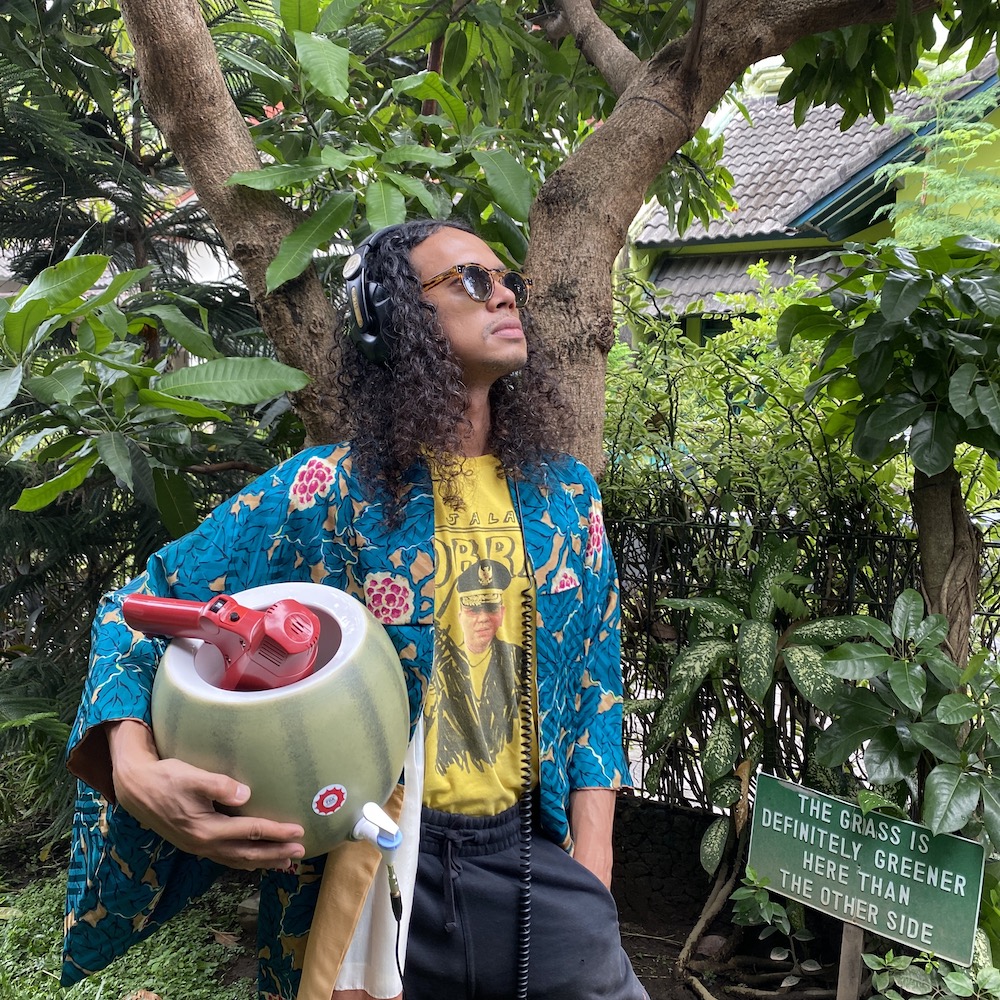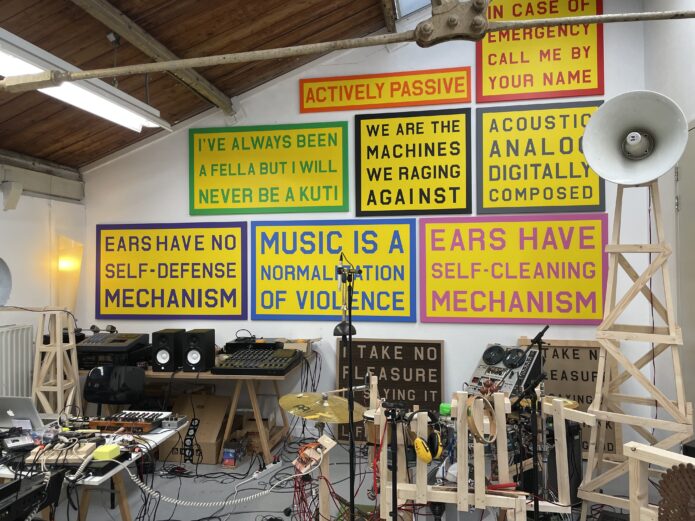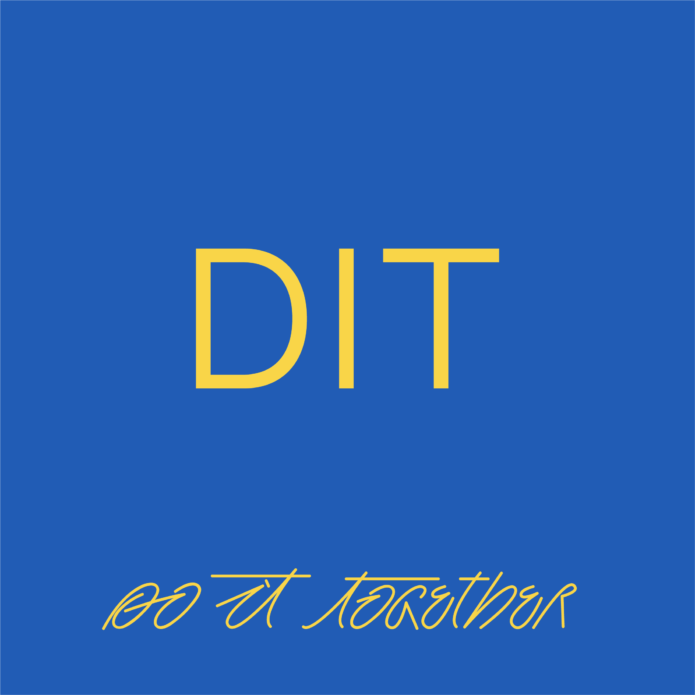 Julian Abraham Togar
Julian Abraham Togar Julian Abraham ‘Togar’
Julian Abraham ‘Togar’ (Muhammad Hidayat), born in 1987, is an Indonesian multidisciplinary artist, programmer, and pseudo-scientist who uses a lot of music and soundscapes in his work. Combining his different skills and interests, his work deals with the intersections of art, environment, science and technology. Julian Abraham engages in extensive research resulting in analytically focused artworks that often combine installation, sound, music, programming and science. Most, if not all, of his transdisciplinary practice derives from rhythms and systems, which, depending on the context of engagement, may consist of preserving, initiating, intervening, supporting, negotiating, hacking or questioning. He is often considering how to function within surrounding realities, and is constantly fascinated by the fact that even small interventions can bring forth changes geared towards the formation of new, sustainable support structures. Togar is a resident at the Rijksakademie, Amsterdam (2019-2021).
His work has been on show at Framer Framed as part of the exhibition Pressing Matters (2018), a group exhibition featuring 24 artists from Indonesia, brought together by artist Kevin van Braak. With the slogan ‘Ears Have No Self-Defense Mechanism’ – featured on his contribution to the collective art work Pentagonal Icositetrahedron – Abraham refers to the irreversible physical damage caused by noise pollution – damage to hair cells in the ears is permanent and there is no technology that can regrow these hair cells. Indirectly, sound pollution can affect physical and psychological health, causing sleep disturbance, stress, hypertension, and hearing loss. The artist calls for more awareness for this specific issue.
Noise pollution, referring to excessive noise on a structural level, can highly impact the quality of life. Rapid technological developments, as well as population growth, are two factors that can lead to increasing noise disturbances. In this work, Abraham specifically refers to noise pollution in the context of Yogyakarta, Indonesia, a city that has faced rapid industrialisation and the introduction of noisy vehicles used en masse for daily transportation – developments that are not being regulated by government.

Studio of Julian ‘Togar’ Abraham at the Rijksacademie ‘Open’ (2021). Foto: Josien Pieterse / Framer Framed
Exhibitions

Project: Do It Together - DIT
DIT is a kitchen / a tent / a learning playground / a workshop...................
